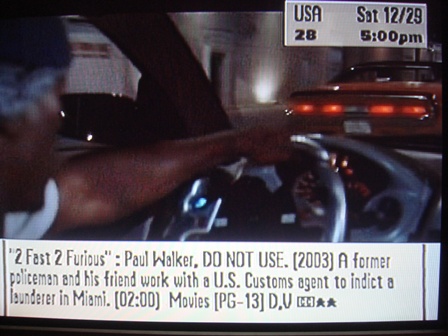The Stalled Server Room
by Alex Papadimoulis
in Feature Articles
on 2008-06-24
A few months back, Jen Frickell's company was given some bad news. When their lease ended, they'd have to move out of their second-floor suite. The good news, however, was that a suite would be available on the first floor. All they'd need to do was pack up and move downstairs.
It was a fairly reasonable request, so the company's executives signed a new lease and prepared to move. There was, however, just one, small hitch. The nice little server room they built in the back of their office - equipped with air conditioning units, ventilation, dedicated power, backup power, and so on - could not be relocated. Not only would it cost too much, but there was simply no room for it. The server room would just have to remain upstairs.


 May 08
May 08

